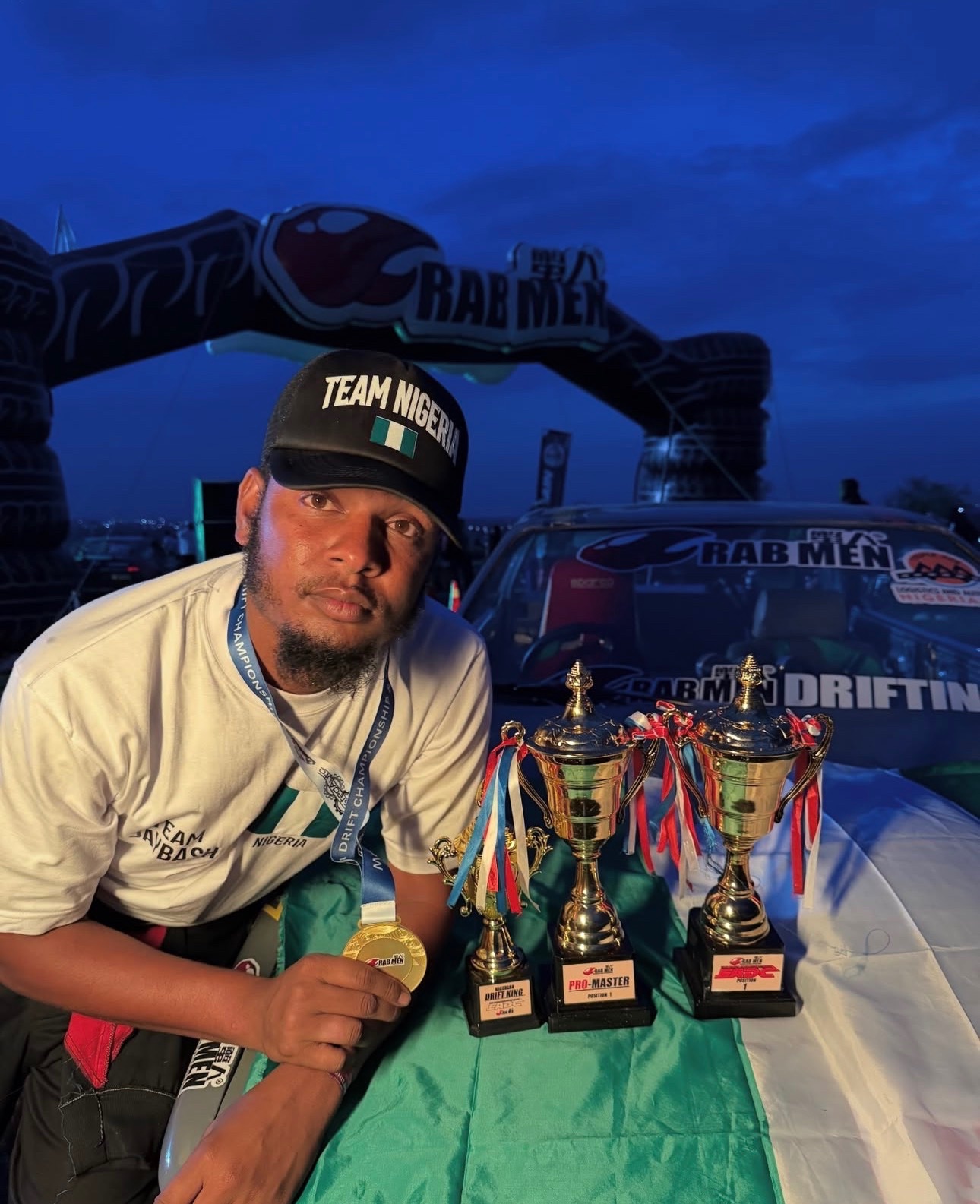
When Love Becomes War: IK Ogbonna Sparks Conversation on the Silent Power Struggles Destroying Modern Marriages

In an era where social media highlights the glitz and glamour of romantic relationships, Nollywood actor IK Ogbonna has stripped away the filters to expose one of the most pressing but rarely discussed issues plaguing modern marriages—especially among African men and powerful women. In a viral Instagram post that reads like poetry but hits with the force of a cultural reckoning, the actor painted a raw and sobering picture of how admiration can quietly devolve into a power struggle when ego meets ego, pride collides with independence, and culture clashes with ambition.
“Ego meets ego. What starts as love becomes a power struggle,” Ogbonna wrote, capturing the attention of thousands who resonated deeply with the truth embedded in those words. In the carousel of heartbreak that defines many failed marriages today, his post lays bare the silent war of identities that so many couples are fighting behind closed doors. What begins as mutual admiration—he is drawn to her strength, she is attracted to his confidence—eventually spirals into a toxic tug of war for control, dominance, and recognition.
Ogbonna didn’t stop at poetic musings; he went further, addressing the gender-specific socialization that feeds this cycle. “Many African men are raised to lead—but not always taught how to lead with a woman who can lead too,” he noted. It’s a bold but necessary statement in a patriarchal society that often teaches men that leadership in a relationship equals domination. For many men, especially in African contexts where masculinity is often equated with control, encountering a woman who is independent, ambitious, and self-made can feel threatening. What they initially found magnetic becomes a source of insecurity.
But the burden isn’t one-sided. Ogbonna also highlighted how powerful women, often celebrated for breaking societal barriers and building their own empires, face their own internal battles. “Many women, especially those who have built their own, are taught to protect their independence but not always taught how to be vulnerable without feeling small,” he observed. Vulnerability—a cornerstone of intimacy—is frequently misread as weakness by women who have had to fight for every inch of success. The fear of losing themselves in love, of becoming submissive or dependent, leads to emotional walls that their partners may find impenetrable.
What results is a relationship that isn’t lacking love but is suffocated by unspoken resentment and competition. Two strong individuals, both terrified of being diminished, unintentionally start to sabotage the very love that brought them together. There’s no open conflict at first. No shouting matches or slammed doors. Instead, there's a gradual erosion of connection—a cold war of withheld affection, passive-aggressive remarks, unspoken expectations, and emotional distance. Eventually, they drift apart, not because they stopped loving each other, but because no one taught them how to honor and coexist with each other’s strengths.
Ogbonna’s reflections have opened the floodgates for public discourse, especially on social platforms where users flooded the comments section with personal testimonies, agreements, and even painful confessions. “This is my story word for word,” one user wrote. “I loved him for his drive, but when I started doing well too, he couldn’t handle it.” Another follower commented, “We were both alpha, but no one told us how to lead together. We fought for the crown until we both lost.”
The actor's post resonates deeply because it dares to explore the psychological terrain that lies beneath many breakups and divorces. It isn’t always infidelity, money, or abuse that ends marriages. Sometimes, it’s simply the inability to reconcile two powerful identities under one roof. And this dilemma is further complicated by cultural expectations that place unequal emotional labor on men and women.
In African societies, vulnerability in men is often mocked, while assertiveness in women is labeled disrespectful. These stereotypes become ticking time bombs in marriages where emotional intelligence, mutual respect, and adaptability should be the foundation. But how can couples practice those values when they were never taught to? Where is the manual that shows a confident man how to affirm a successful woman without feeling emasculated? Who teaches an ambitious woman how to surrender emotionally without feeling like she’s compromising her worth?
Perhaps this is why Ogbonna’s words are being shared far beyond Nollywood circles. His message isn’t just for celebrities or influencers—it’s a mirror held up to a generation that is still figuring out how to balance love and power, affection and ambition, leadership and partnership. It’s a cry for emotional education, for couples therapy that goes beyond surface-level issues, for a redefinition of gender roles in relationships.
In the midst of his poetic delivery, there is a plea—silent but piercing—for couples to talk about the things they usually bury under silence. To confront the ego wars, the hidden competition, the unsaid fears. Because if they don’t, they will continue to drift apart, blaming fate or incompatibility when in reality, they just weren’t equipped to love each other’s strengths without feeling threatened by them.
As his post continues to gain traction, IK Ogbonna has inadvertently become a voice for emotional reform in modern relationships. His vulnerability is not just refreshing—it is revolutionary in a space where men, especially public figures, are rarely encouraged to speak so candidly about love, fear, and pride. In doing so, he may have just sparked a much-needed awakening.
Perhaps this is the beginning of a deeper conversation, one that forces couples to drop the masks and pick up tools—tools for communication, empathy, compromise, and emotional growth. Because in the end, love isn’t supposed to be a battlefield. And if ego continues to sit at the head of the table, even the strongest couples will crumble under its weight.


